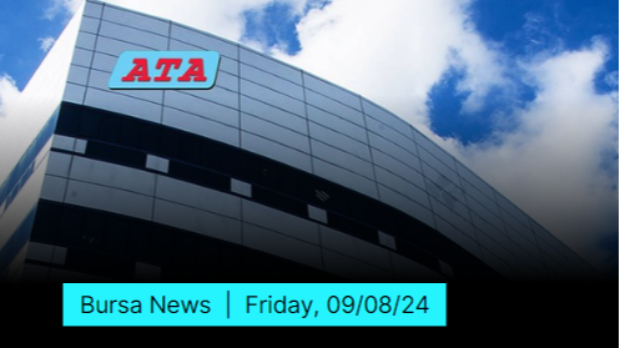March of facial-recognition technology raises alarm in India
Tan KW
Publish date: Thu, 02 Jan 2020, 03:17 PM
India is planning to create the world's largest facial-recognition database, with the technology already being widely used by police, airports and even cafes. Critics fear this violates human rights and will turn the country into a Chinese-style surveillance state.
In Delhi’s central business district of Connaught Place, the Chaayos tea cafe is filled with people after a busy work day. The cafe offers a loyalty scheme for customers, who must usually give their phone number to sign up.
But not today. "Face it. Why put numbers through, when we can identify you?” an Orwellian message blinks across the billing counter.
The chain has recently started using facial-recognition technology in a bid to make it faster for customers to sign up.
"Some customers think [facial-recognition] is cool," waitress Surya Gupta says. "Chaayos is catching up with trends. They are trying to capture the young generation which wants everything fast."
"I’m not afraid to share my face,” Gupta adds.
However, when it first rolled out the project in November, local media reported that Chaayos was capturing images of customers without their consent, violating privacy rules. The shop bowed to the pressure and decided to introduce an opt-out option.
Chaayos is not the only Indian institution raising concerns through its use of facial recognition technology.
On a much bigger scale, India is setting up a nationwide facial-recognition system to help capture criminals and identify missing persons and dead bodies. The plans have alarmed rights activists, who are concerned about the risk to civil liberties.
The government’s National Crime Records Bureau (NCRB) will invite bids from early January to build a system to centralise facial-recognition data, with a capacity of up to 50 million images from several databases, police records, newspapers, passports and CCTV networks.
It is not clear whether images from Aadhaar, the Indian biometric ID database that has drawn flak for enabling nationwide surveillance on 1.3 billion citizens, will be part of the new system.
India is among the world's most under-policed countries and authorities are pushing the use of technology to strengthen security.
Apar Gupta, executive director of the non-profit Internet Freedom Foundation (IFF), says it is not clear how the data will be collected or used, or how its storage will be regulated.
"We are afraid this system could be used for mass surveillance. There’s no privacy law in India and no legal framework [for such systems],” he says, adding that the procurement process has been "very opaque” and funds could be better used by hiring more police or improving street lighting.
Senior NCRB official Prasun Gupta says the crime bureau is taking these criticisms on board. "This is such a huge programme, we are aware it should be conceived correctly,” he says.
The project has been delayed amid disagreements over whether the bidding should be open to foreign companies with better technology standards than Indian firms.
State police forces have already begun using facial recognition technology, and it has also been installed at some airports. India’s rail network plans to launch it as well.
The technology will likely require CCTV networks to be installed in cities - something that has already begun in Delhi.
"Delhi will become the world’s leading city in CCTV surveillance. We are realising our dream of installing 300,000 CCTV cameras, with 140,000 already in place,” Delhi government spokesman Nagendar Sharma says.
India, the world's largest democracy, is already its biggest surveillance state behind Russia and China, with a "systemic failure to protect [privacy] safeguards,” according to research firm Comparitech.
India is also the Internet shutdown capital of the world, with 106 instances in 2019 and troubled Kashmir being the hardest-hit.
"Such a [facial-recognition] system could also be used as a social credit system like in China. Developments in China have shown how such a system can be a threat to our democratic values and individual freedom,” the IFF’s Gupta says.
Besides, studies have shown that such software can be unreliable when it comes to identifying darker-skinned women, those from ethnic minorities and transgender people, leading to high chances of misidentification.
Yet facial-recognition technology is increasingly becoming part of daily life in India. Advocates of the technology argue it is yielding good results.
Delhi police used the technology last year to identify missing children. "It is working very well,” senior police officer Rajan Bhagat says. Chai Point, another popular tea chain, has also started using the technology.
India appears to have accepted surveillance - unlike other countries where such moves would trigger protests.
South Delhi shopkeeper Bharat Bhushan doesn’t care about the city’s surveillance cameras. He's more concerned about poor security - his motorcycle was stolen and a relative attacked by a chain-snatcher in recent months.
"The government can install as many cameras here as it wants. Indians don’t bother much about privacy. The security of our lives and property matters much more.”
- dpa
More articles on Future Tech
Created by Tan KW | Aug 17, 2024
Created by Tan KW | Aug 17, 2024
Created by Tan KW | Aug 17, 2024
Created by Tan KW | Aug 17, 2024







.png)
.png)









